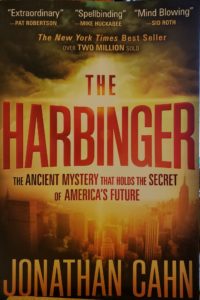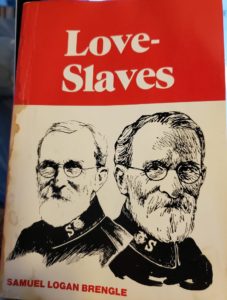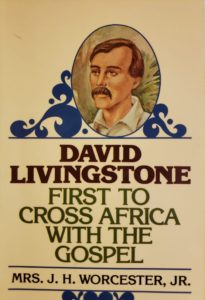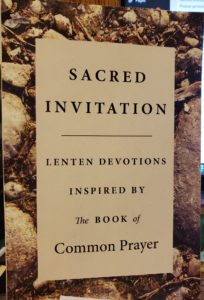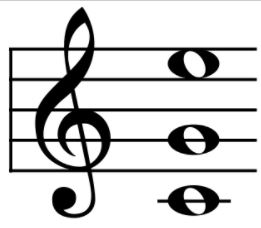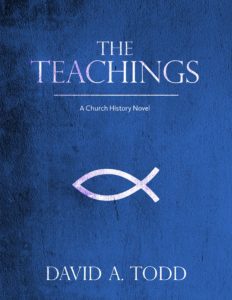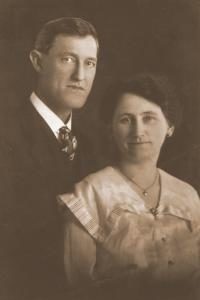
As I’ve said in other posts, my main writing project has been a book for our church’s 100th anniversary. Originally planned to be held in Oct 2021 (a delay due to covid), then pushed to around April 2022, and finally set for July 2022, the delays in the celebration mean I’m way ahead of schedule. But I really had no idea how big the book would be. So, predicting when I would finish it was difficult.
Yesterday I had a meeting with our pastor, my first with him to discuss the book since he asked me to write it last November. I’ve been running progress reports and snippets by the Anniversary Committee, and I’ve had drafts posted on our Google Drive site. And, I’ve shared the manuscript electronically with a couple of people outside of the church and received feedback. But, until you have the pastor’s blessing on the product, you don’t know whether you’re on the right path.
Fortunately, Pastor Mark seemed pleased with the book, maybe even impressed. He made some helpful suggestions on additions in a few places. I’ve already made a couple of those changes. The others will require interviewing people. They will be short interviews of people I have already spoken with.
At present, the book is a little over 28,000 words long, about double what I thought it might be when I undertook the project (though, as I said, I had no basis for knowing how long it would be). By the time I add these few items remaining, it should still be less than 29,000.
The main work remaining is to find photos and load them in the book. They will be placeholder photos, coming in at on-line quality (which won’t do for print). And the layout of those photos within the book will be somewhat of a nightmare. I’ll begin that work when I’ve put the last few words in the book and change the page size to the print size. Fortunately, one on our committee is an expert at digital layout. I’ll either turn the photo insertions over to her or will lean heavily on her expertise.
So when I say that the book is done, I guess I’m saying that all essential words are there. If some said to me tomorrow, “You’re out of time; we have to go to press now”, I would feel good about what’s already written and have no regrets. Sure, more high quality photos nicely arranged and a few more words would be worthwhile. But I will be happy whether they get in the book or not.
So, it’s almost on to the next project. Stay tuned for more about that.




